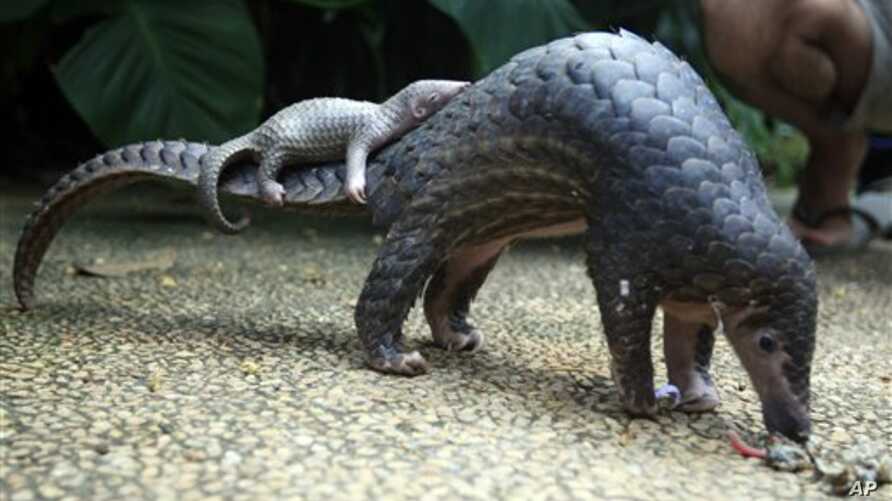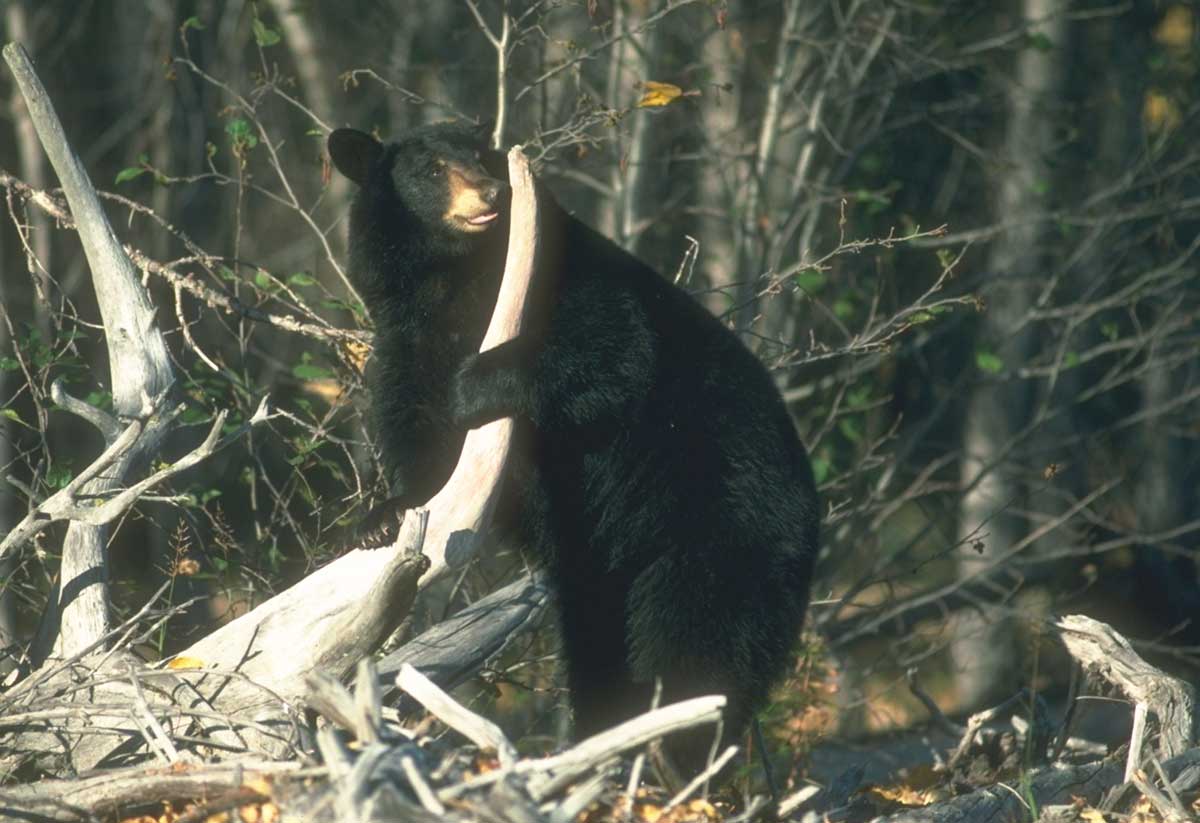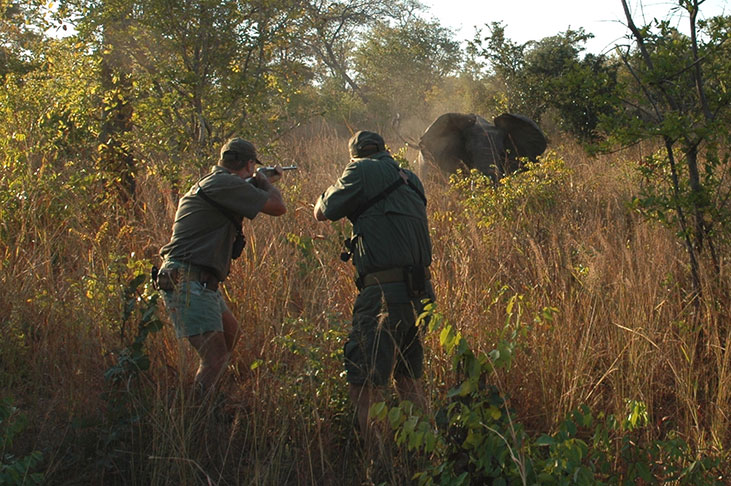This fall, the U.S. House of Representatives passed the National Defense Authorization Act with several amendments related to zoonotic diseases, or human diseases that are derived from or spread by animals. This is in response to the COVID-19 pandemic, with special focus on wet markets and other opportunities for animal to human contact and disease transmission. While there is heightened concern due to the COVID-19 pandemic, legal hunting does not contribute to the spread of zoonotic disease or have negative health implications for humans. There has been no legislation regarding zoonoses and hunting yet, but animal rights groups and anti-hunting legislators have added concern over disease to their agendas. For example, we have already seen a petition to stop all legal wildlife trade from the Center for Biological Diversity in the United States and several motions at the IUCN World Conservation Congress to enact emergency moratoria on wildlife trade. To combat these misconceptions and attacks on hunters, Safari Club International (SCI) is here with the facts.
Examples of zoonotic diseases include anthrax, rabies, West Nile virus, and many others. Notably, approximately 60% of reported infectious emerging diseases are zoonoses. The COVID-19 pandemic has led governments around the world to search for potential sources of diseases with animal origin. Wet markets, where a variety of domestic and wild animals are bought, sold, and consumed in unsanitary conditions, have long been breeding grounds for potential outbreaks. These, combined with the illegal wildlife trade, have come under intense criticism and calls for closure and enforcement.
Unfortunately, poaching for the illegal wildlife trade is still rampant in many parts of the world and much of the trade that occurs in wet markets is in illegally taken wildlife. As this is totally unregulated, there are many concerns over the health implications of illegal wildlife trade,. An early theory about the source of COVID-19 suggested the virus was derived from poached pangolin scales from southern Africa. Although this theory was eventually disproven, it goes to show how dangerous poaching can be for both wildlife and humans. Legal hunting, however, is NOT poaching. Hunting is often the first line of defense against poaching with many hunting concessions actively funding and running anti-poaching efforts, thus further mitigating the risk of zoonoses.
In complete contrast to wet markets and other vectors for direct human-animal contact is interaction through legal hunting, hunting imports, and taxidermy which do not spread zoonotic diseases. Thanks to range state regulations, wildlife monitoring, import regulations, and taxidermy processes, the entire experience of international hunting is safe and hygienic.
The taxidermy process is hygienic and safe from start to finish. Chemicals and treatments used in the tanning and curing process not only keep the taxidermist safe, but ensure the hide and animal are sanitized and free of any bacteria or potential danger to humans, including ticks or insects which may remain on the animal. The U.S. Fish and Wildlife Service also regulates international imports and exports, which often require extensive permitting, inspection, CITES documents, and proper taxidermy. Not only do taxidermists ensure safety for humans, but they have helped to monitor for signs of disease in animals; for example in many states, taxidermists work to monitor CWD (Chronic Wasting Disease) in deer populations by supplying tissue samples to state agencies.
Hunting is a safe, regulated, and legal activity which poses no risk to the spread of zoonotic disease. Anti-hunting groups try to align legal trade in wildlife with the illicit trade despite the many benefits international hunting brings to animals, habitat, and local communities; these all stand to suffer should the anti-hunting false narrative be implemented. While no proposed regulations have been released yet, anti-hunting groups and legislators have actively considered proposals and could easily add them to their anti-hunting agendas. To join SCI and stand with hunters around the world, sign our petition to Protect Legal, Regulated Trade in Wildlife. SCI will continue to work against anti-hunting legislation around the world and fight for the rights of hunters everywhere.




